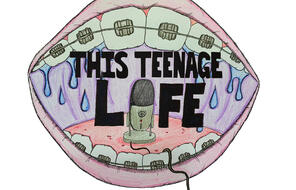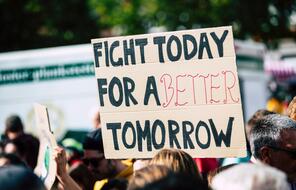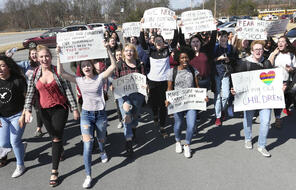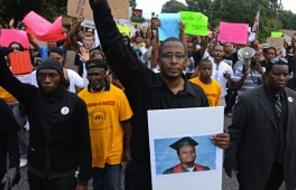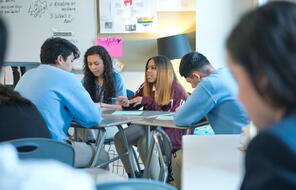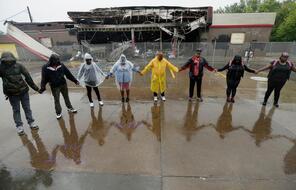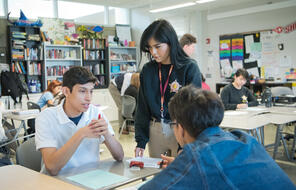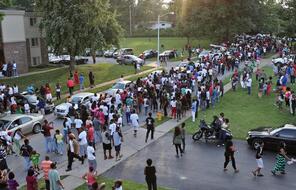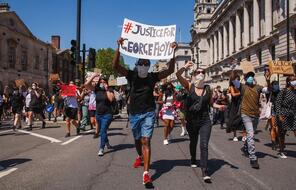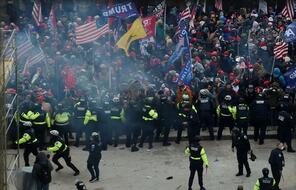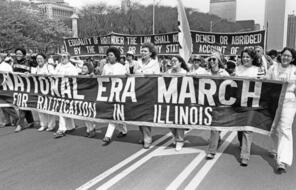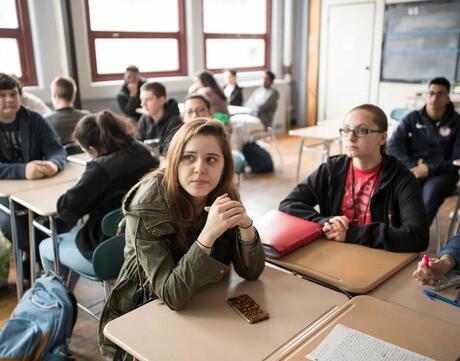
Responding to The Tree of Life Shooting in Pittsburgh
At a Glance
Language
English — USSubject
- Civics & Citizenship
- History
- Social Studies
Grade
6–12- Democracy & Civic Engagement
Overview
About This Mini-Lesson
In this mini-lesson, we offer some suggestions for opening a conversation about the Pittsburgh synagogue shooting and other recent events with your students, as well as selected resources to examine antisemitism and religious bigotry and to explore the role we all can play in standing up to hate.
Preparing to Teach
A Note To Teachers
Before teaching this mini-lesson, please review the following information to help guide your preparation process.
Activities
Activities
Extension Activities
Materials and Downloads
Resources from Other Organizations
Unlimited Access to Learning. More Added Every Month.
Facing History & Ourselves is designed for educators who want to help students explore identity, think critically, grow emotionally, act ethically, and participate in civic life. It’s hard work, so we’ve developed some go-to professional learning opportunities to help you along the way.
Exploring ELA Text Selection with Julia Torres
On-Demand
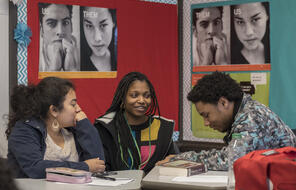
Working for Justice, Equity and Civic Agency in Our Schools: A Conversation with Clint Smith
On-Demand
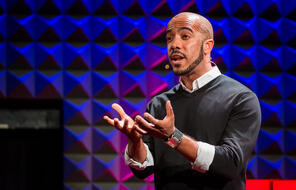
Centering Student Voices to Build Community and Agency
On-Demand
